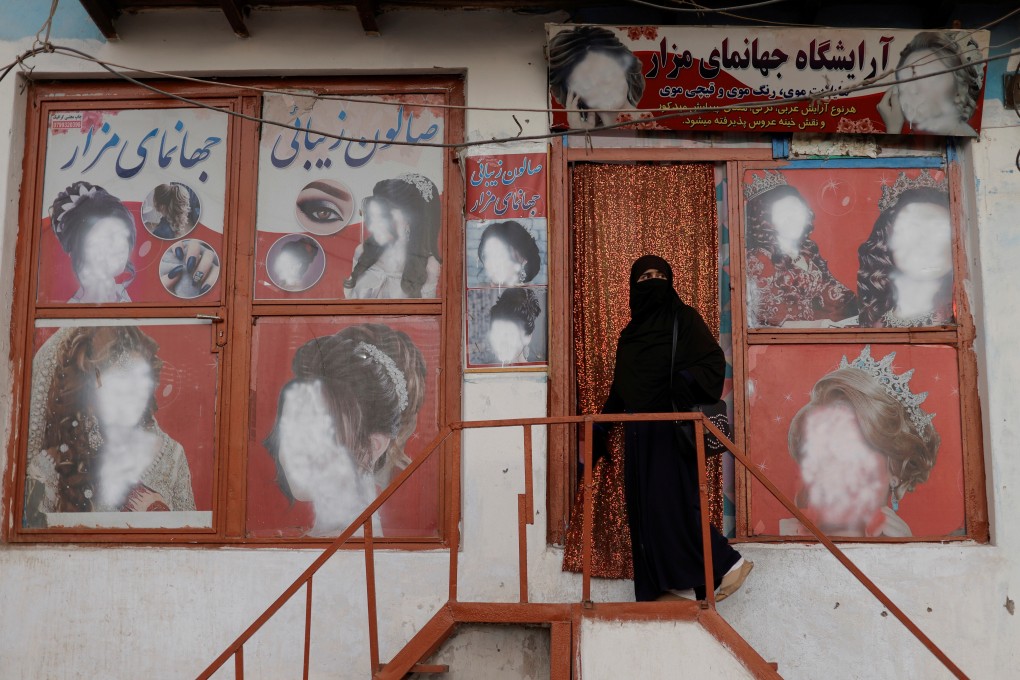Advertisement
Afghanistan: UN Women’s Asia chief says ‘huge gap’ between Taliban’s promises and reality
- Mohammad Naciri wants women’s and girls’ rights to be at the centre of member states’ bilateral talks with Afghanistan
- Representative of Médecins Sans Frontières warns that the health situation has been aggravated by the withdrawal of foreign funding since August
Reading Time:4 minutes
Why you can trust SCMP
1

Mohammad Naciri, the leader of UN Women in Asia-Pacific, has called on member states to put the rights of women and girls at the centre of bilateral discussions with authorities in Afghanistan.
In an exclusive interview with This Week in Asia, Naciri said UN member states had shown a level of commitment. “But what we need to see is that this support or that political stance gets translated into actions, even when those member states start to have bilateral conversations with the de facto authorities inside Afghanistan,” he said.
“When they have a conversation, it has to be conditional on the rights of women and girls, and those conversations are not to be consummated unless they ensure that the women and girls are the centre of them,” Naciri said.
Advertisement
The Taliban – which seized control of Afghanistan in August as American troops officially withdrew after 20 years of occupation – has pledged to uphold the rights of women within the norms of Islamic law. But many women have reported facing threats as well as not being allowed to return to university and work.
Protests in which women have demanded their rights have been met with force.
Advertisement
Despite conservative values remaining the norm, girls and women have enjoyed increased freedoms especially in urban areas since the American invasion. But many fear a deep reversal.
Advertisement
Select Voice
Choose your listening speed
Get through articles 2x faster
1.25x
250 WPM
Slow
Average
Fast
1.25x